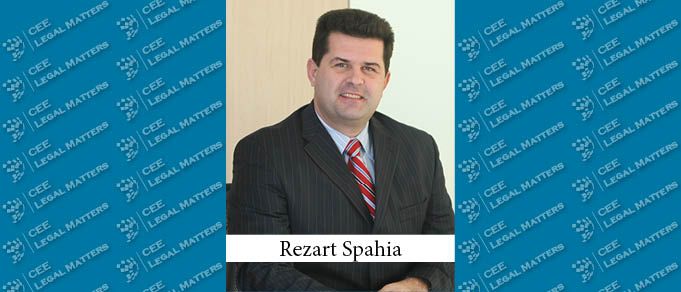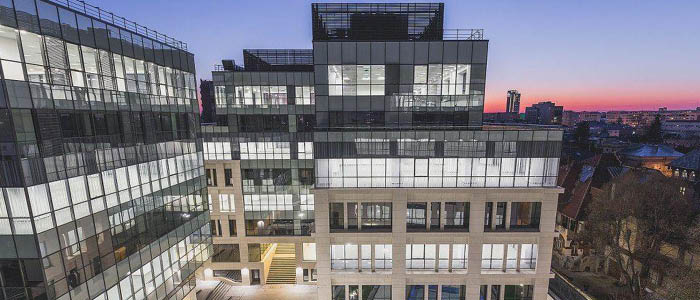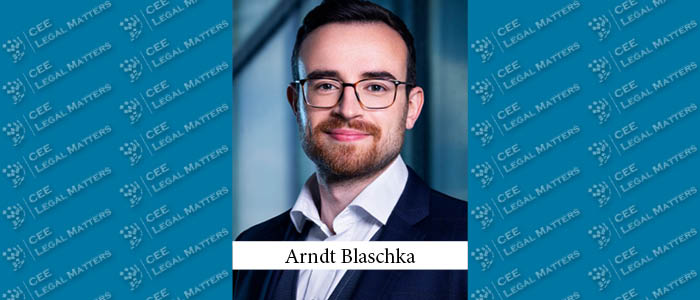“Where do you see yourself in 5 or 10 years?” the Cravath partner in New York asked after fifteen or so minutes, thereby signaling that the interview was coming to an end, expecting to hear the standard reply emphasizing the applicant’s desire to work hard if offered the position. “Home,” I replied. “In Albania.”
Almost twenty years have passed since that interview, which lasted for another two hours. I spent almost a decade working at Cravath learning from the best legal minds in the corporate world. However, when my first daughter became school age, the time came to fulfill my homecoming vision. Many friends, particularly Albanian ones, were perplexed with my forewarned move. All asked: “Coming from this world” – in their eyes, one of glamour and wealth – “what do you expect to find back home?!”
I was not someone who had lost touch with reality and become overcome with nostalgia. I fully knew where I was returning – in the words of my Montenegrin colleague Vladimir Radonjic from a previous CEELM editorial – in a region where “nothing can be taken for granted,” without “fully effective democracies,” and where “enforcing the rule of law remains problematic….” I expected all of that.
Still, I believed that as a developing country with ambitions to join the EU, blessed with natural resources, a beautiful coastline, and a young and educated population, Albania would become an attractive option for FDI – investors would want to get in on the cheap and profit from Albania’s economic rise and EU integration. I hoped that a healthy portion of that inflow of transactions would go to professionals who “spoke their language.” I also assumed that even Albanian businessmen would be eager to learn best practices and grow responsibly so they could compete as equals with their EU counterparts. I expected that I would find many like-minded professionals who would be excited to build a future here.
It has now been five years since I founded my legal and business consulting firm in Tirana. However, five years in, there is a considerable gap between my expectations and the reality. The influx of FDI in Albania has hovered around EUR 180 million a year over the last 15 years, driven primarily by a small number of large infrastructure projects. American investment is almost non-existent. There are droves of opportunistic non-Western potential investors who are keen to take first and second (free) Q&A meetings, but then disappear. The number of local businessmen who are not surprised by the number of pages in a M&A contract is very limited – given the history of whimsical judicial processes so easily influenced by outside factors, they continue to be content with short-term solutions based on personal connections rather than necessary and sophisticated legal mechanisms. The bulk of business is still government-dependent – and both before and after elections the Albanian business world almost stands still. Furthermore, while our firm has grown to a healthy number of well-credentialed professionals, finding top talent that is invested in a future in Albania remains challenging. Rewarding these lawyers in a way that is comparable with law firms in the West is impossible - particularly given that clients expect New York-quality product for heavily discounted fees, even by local standards.
I know that “mismatched expectations” is a theme that runs across CEE, beyond my experience with the Albanian legal market. Dissatisfied with Albania’s political class, perceived corruption, a weakening educational system, and the continued monopolization of the economy, and faced with the EU’s reluctance to embrace new member countries (expressed most recently through the moving goal posts of initiating accession talks and the EU-sponsored experimentation with Albania’s legal reform), a growing number of Albanians believe that emigration is the answer.
Yet, there undeniably has been progress. The absolute majority of those who want to emigrate are undoubtedly better off today than they were five, ten, or twenty years ago, and Albania’s issues are by no means unique in the region or beyond. However, Albanians’ expectations of where the country should have been almost 30 years after the overthrow of communism, justifiably or not, are too mismatched with the reality they perceive, regardless of statistics, EU commission reports, economic forecasts, or even the salaries they make. In today’s younger generations, patience seems no longer to be a virtue, which, I am (irrationally) hoping that will turn out to be a good thing. For my part, I am using the gap as fuel to keep plugging in and working towards our stated goal: to become the most trusted and respected firm in Albania, recognized by our clients for delivering excellence, by our competitors as the standard setter, and by aspiring young professionals as the best place to develop their talents.
By Rezart Spahia, Managing Partner, Frost & Fire Consulting.
This Article was originally published in Issue 6.6 of the CEE Legal Matters Magazine. If you would like to receive a hard copy of the magazine, you can subscribe here.
























